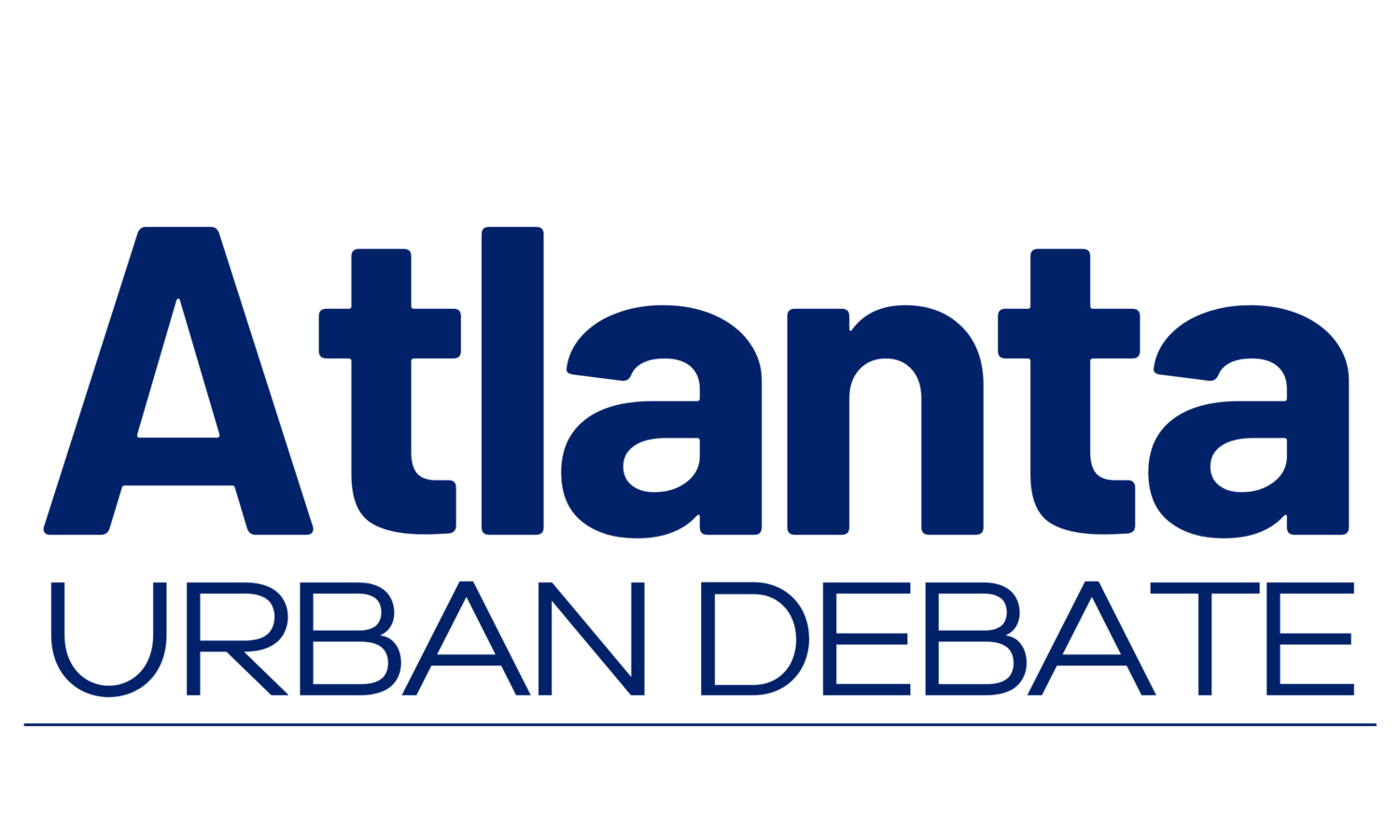The Atlanta Urban Debate League is committed to providing excellent debate education programs, services, and opportunities to diverse students, educators, and members of the community!
Advanced Debate Skills
What Is a Varsity Debater?
Introduction
Varsity debate ups the ante with increased speech times, major arguments, and original evidence. Negative teams will have offensive options beyond disadvantages: counterplans and kritiks. Negative teams can use different combinations of disadvantages, counterplans, and kritiks. Middle school varsity also allows students to find evidence on their own to support AUDL arguments (ex. Replacing or supplementing the existing evidence for the “I” in HIPS/SHIP), while the high school open division allows students to introduce completely original arguments. All of these factors make varsity debates quicker paced and more multifaceted.
Skills Varsity Debaters Have Honed
Varsity debaters should be comfortable with the intermediate skills:
Argument selection/strategic decision-making.
Block writing
Flowing on multiple sheets of paper.
Structuring speeches based on flows.
Evidence comparison (ABCD)
Skills Varsity Debaters Will Develop
Varsity rounds and preparation will begin incorporating:
Negative positions that advocate changes to the status quo other than the affirmative plan:
Counterplans
Kritiks
Research and producing evidence.
Considerations for moving a debater up to Varsity
Here are a few changes to think about when deciding whether a student is ready for MS varsity/HS open:
Complexity of arguments: Counterplans and kritiks not only introduce new argument structures to learn but a good deal more nuance. Kritiks have content that can feel particularly hard to understand and apply in a debate round.
Look out for students who struggle to learn the content of arguments.
Breadth of arguments: Because varsity has more time and more arguments, teams tend to make more arguments in a round. Varsity debaters must be able to balance time so that they can answer all arguments and keep the debate organized so that they know which individual arguments belong to the different positions (which arguments are specific to a counterplan versus a disadvantage, for example).
Flowing: Varsity students must be comfortable flowing on multiple sheets of paper by this point. Speeches also tend to be faster, so students must have their fundamentals down to keep up.
Look out for students who struggle to get through their speeches in time.
Time/work commitment: Varsity requires students to put in more time on their own to keep up. More arguments mean more evidence to read and blocks to write before tournaments. Students will have to put in even more time if they do their own research.
